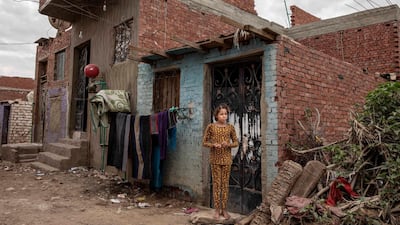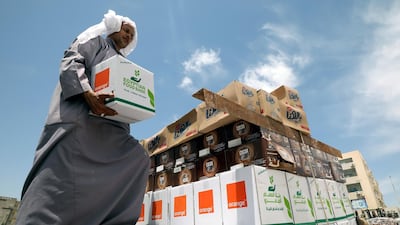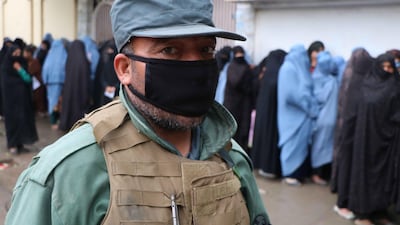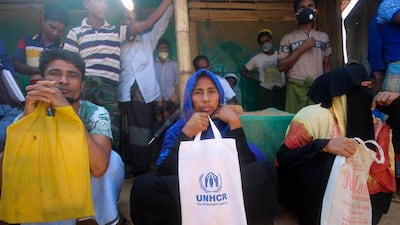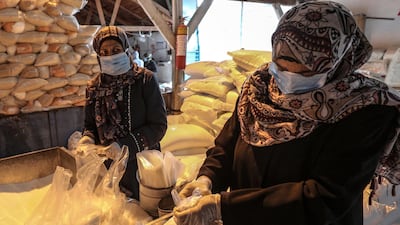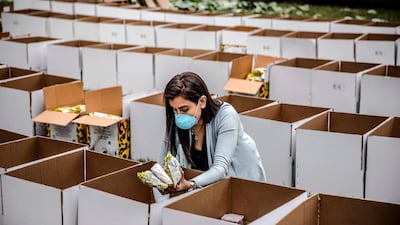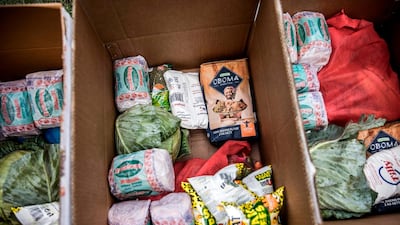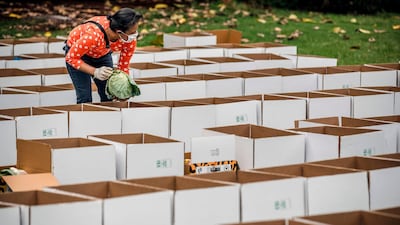Covid-19 lockdowns led to more than 39 billion in-schools meals being missed globally since the start of the pandemic last year, UN agencies said, meaning hundreds of millions of children went without crucial daily nutrition.
About 370 million children around the world missed on average 40 per cent of in-school meals because of restrictions that led to the closure of classrooms, research by Unicef and the World Food Programme found.
Unicef’s executive director Henrietta Fore said millions of children faced school closures despite “clear evidence” that they are not a primary driver of infections.
“Children who depend on schools for their daily meals are not only losing out on an education but also on a reliable source of nutrition,” she said.
“As we respond to the Covid-19 pandemic and await vaccine distribution, we must prioritise the reopening of schools and take action to make them as safe as possible, including through renewed investments in proven infection prevention measures like clean water and soap in every school around the world.”
Evidence suggests that offering food in schools can incentivise the most vulnerable children to return to education. Unicef and the WFP said about 24 million children could drop out of school because of the pandemic, which would reverse decades of progress.
Girls missing education face the added risk of early marriage or forced transactional sex, the UN agencies said.
“Missing out on nutritious school meals is jeopardising the futures of millions of the world’s poorest children. We risk losing a whole generation,” said David Beasley, the WFP’s executive director.
“We must support governments to safely reopen schools and start feeding these children again. For many, the nutritious meal they get in school is the only food they will receive all day.”
Even before the pandemic, data from 68 countries showed that about 50 per cent of children aged 13-17 had experienced feelings of hunger.
The 2014 Ebola outbreak led to a rise in food insecurity in countries affected that already suffered from high instances of malnutrition. There are fears the same is happening again with Covid-19 in places such as sub-Saharan Africa and South Asia.
Unicef and the WFP said work needed to be done to identify those most at risk of nutrition shocks and school drop-out. They also recommended that safely reopening schools be prioritised. If this is not possible, there should be an adaptation of “school feeding programmes as take-home rations or cash transfers”.



